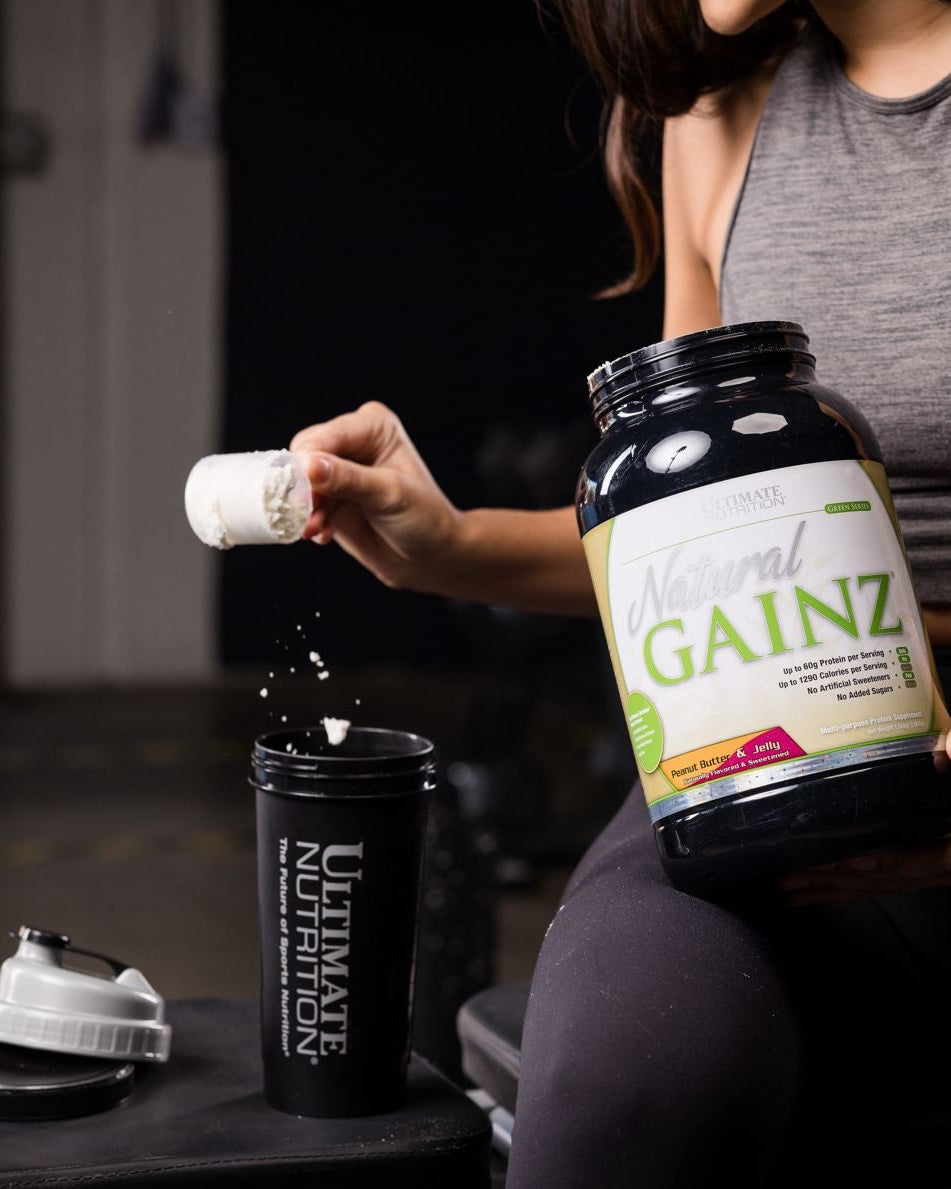Have you ever noticed how the number on the scale can change depending on the time of day or even what you're wearing?
It's true—the time and circumstances of your weigh-in can drastically affect the numbers you see.
To understand your weight, you must recognize the best moments and the optimal frequency for weighing yourself. This detailed guide will explore why these fluctuations occur and how you can best manage them to represent your weight accurately.
Unpacking the Science Behind Body Weight Fluctuations
Your body weight is a dynamic metric influenced by various factors that can cause it to change throughout the day. Understanding these influences is crucial to getting a true sense of your weight.
How Much Do Clothes Weigh?
Depending on what you're wearing, your attire can add anywhere from a negligible half-pound to as much as five pounds.

For the most accurate reading, consider weighing yourself in similar clothing each time, or better yet, wear minimal clothing to minimize this variable.
Daily Water Weight Variations
Water makes up a substantial part of your body weight and can fluctuate widely throughout the day. Factors such as hydration, diet (especially salt intake), hormonal changes, and even climate can influence water retention.
For instance, a high-sodium meal can temporarily cause your body to retain more water, increasing your weight on the scale.
Food and Drink Intake
Your meals' timing and composition can also affect your scale readings.
Weighing yourself after a large meal or many liquids can show temporary weight gain. This is why the timing of your weigh-ins can significantly affect the readings you get.
Exercise and Muscle Inflammation
Exercise, particularly intense or prolonged physical activity, can lead to temporary inflammation and fluid retention in the muscles.
This can result in a temporary increase in weight immediately following your workout. Conversely, sweating during exercise can cause a temporary decrease in body weight due to fluid loss.

Benefits of Knowing Your True Weight
Understanding your actual weight can provide many benefits that extend far beyond simple awareness.
Here’s how knowing your accurate weight can impact your overall health and fitness journey:
Improved Diet and Exercise Planning
By accurately tracking your weight over time, you can better assess the effectiveness of your diet and exercise plans. This allows for adjustments based on accurate data, enabling more targeted and effective interventions.
Enhanced Motivation and Accountability
Regular, accurate weigh-ins help maintain motivation and accountability. Seeing progress, no matter how small, can boost your motivation to stick with a healthy lifestyle.
Conversely, noticing small increases can prompt you to make changes before they become more significant.
Prevention of Weight Cycling
Regular monitoring of your true weight can help prevent weight cycling, the repeated loss and regain of body weight. Understanding your weight patterns can lead to more sustainable long-term weight management strategies.

Best Time of Day to Weigh Yourself
With a better understanding of how various factors affect your weight, you can determine the most optimal times to step on the scale.
Morning Weigh-Ins for Consistency
Health experts agree that the best time to weigh yourself is in the morning, immediately after you wake up and use the bathroom.
Why Do You Weigh Less in the Morning?
You haven't eaten anything yet, and your body has had time overnight to process the previous day's meals and lose water through breathing and perspiration.
This is your body's most stable state of the day and provides the most consistent baseline for weighing yourself.
Weekly, Not Daily
For most people, weighing themselves once a week is sufficient and can provide a good balance between being informed and not getting obsessed with daily fluctuations.
Choose a specific day and time of the week (preferably morning) and stick to it. This routine will help you track your progress over time without the mental strain of daily fluctuations.
Avoid Post-Workout Weigh-Ins
It's best to avoid weighing yourself right after a workout. Wait a few hours after exercising, ensuring you hydrate well before you weigh yourself.

Reach Your Ideal Weight with Ultimate Nutrition
As you determine your true weight, Ultimate Nutrition will help you achieve your fitness goals. Daily effort and the right resources can make a huge difference.
Our protein powders are perfect for boosting your diet, whether it's for weight loss or even weight gain. Check out our blogs for all the brilliant tips and solid advice you need to stay on track. Plus, our exercises tab offers workouts to fit your unique fitness journey.
Stick with us; getting into your best shape can be straightforward and satisfying.
The information provided in our articles are meant for informational and educational purposes exclusively and should not be considered as medical advice. It is essential to consult a healthcare professional before starting a new nutritional product and/or making significant changes to your diet and/or starting a new exercise regime. These products are not intended to diagnose, treat, cure, and/or prevent disease.





















